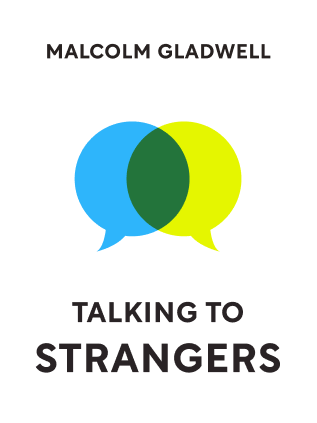

This article is an excerpt from the Shortform book guide to "Talking to Strangers" by Malcolm Gladwell. Shortform has the world's best summaries and analyses of books you should be reading.
Like this article? Sign up for a free trial here .
Why do people experience memory loss from drinking? What’s happening in the brain? What are the consequences?
The effects of alcohol on memory are startling. At a blood-alcohol level of approximately 0.15, the hippocampus shuts down entirely. At that point, all memories disappear completely and there is nothing to recall. Even in this state of total blackout, when the hippocampus is entirely shut down, it is possible for the drinker to continue to function like a “normal” drunk person. In fact, it can be impossible to tell when someone else has reached the point of blackout. Learn more about drinking and memory loss.
Drinking and Memory Loss
What’s the effect of memory loss from drinking? Alcohol researcher Donald Goodwin once gave ten men from St. Louis a bottle of bourbon in an effort to study the blackout state. After letting them drink for four straight hours, Goodwin suggested that the men might be hungry. He handed each man a frying pan, covered with a lid.
When the men took the lid off the pan, there were three dead mice inside. Goodwin thought that would be a highly memorable, even traumatic, experience. But the bourbon drinkers had completely forgotten the event within 30 minutes, and they didn’t regain the memory the next morning. This is a staggering example of the effects of alcohol on memory.
Memory Loss from Drinking and Sexual Assault
In a state of blackout, all of the strategies people typically use to interact with strangers are dull—most notably the memory. Memory loss from drinking causes problems in social situations because memory is usually the first line of defense when talking to a stranger:
- You talk to someone at a party for 30 minutes. Then you consider what the person said and did in order to make sense of that person. (This is already problematic because assuming transparency is often a mistake.)
- You make a choice about that person, such as whether or not you are willing to give that person your number or go home with him.
But if you can’t remember your interactions with a stranger, then you might make your choice very differently. This is a tragic consequence of memory loss from drinking:
Effects of Alcohol on Memory
- You talk to someone at a party for 30 minutes who doesn’t realize that you’re in a state of blackout.
- Maybe that person tries to touch you, but you stiffen up and reject the touch.
- Ten minutes later, that person comes back and tries to touch you again. Normally, you would immediately stiffen up. But the second time, because you’ve forgotten that this person already made you uncomfortable once, you react slightly differently.
- The stranger thinks that this different reaction is an indication that you are welcoming his touch the second time around. The stranger assumes you are transparent, when in reality you are simply not making choices the way you normally would. And if the stranger is drunk, too, his own perception of the interaction might be equally affected.
Showing respect to another person requires managing your own desires with the desires of the other person. But in a state of memory loss from drinking, alcohol myopia transforms your brain so that you can only see your desires—the other person’s desires become crowded out. Essentially, it is impossible to be yourself in a social interaction when you are blackout drunk.
In his own statement, Brock Turner said that he hoped to set up a program to speak out against the college culture of binge-drinking and sexual promiscuity to prevent sexual assault in the future. The effects of alcohol on memory are devastating, and the consequences widespread. These are the problems with memory loss from drinking.

———End of Preview———
Like what you just read? Read the rest of the world's best book summary and analysis of Malcolm Gladwell's "Talking to Strangers" at Shortform .
Here's what you'll find in our full Talking to Strangers summary :
- Why we don't understand strangers
- How to talk to strangers in a cautious way so you don't get fooled
- How Hitler deceived so many world leaders






